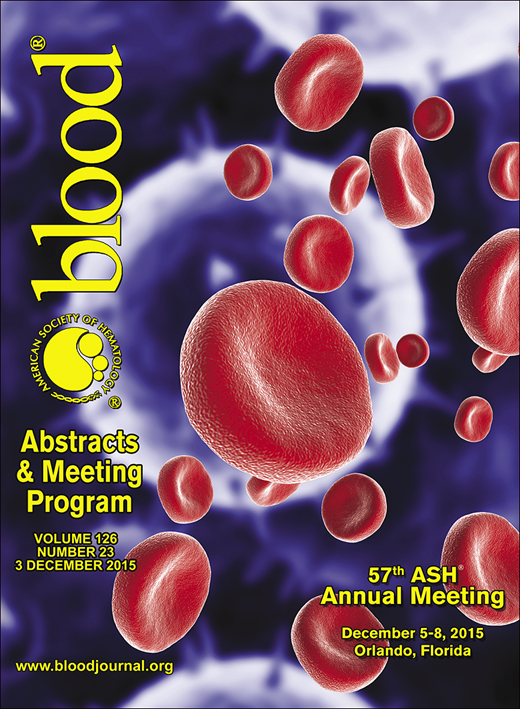Abstract
Objective
Idelalisib is a first-in-class oral PI3Kd inhibitor approved for use in combination with rituximab in patients with relapsed or refractory (R/R) chronic lymphocytic leukemia (CLL). We describe the characteristics, causes of discontinuation, and outcomes in patients who discontinued treatment after idelalisib therapy.
Methods
38 R/R CLL patients participated in 5 idelalisib combination trials at the North Shore-LIJ Cancer Institute and were included in this analysis. The patients were enrolled from 2011 until 2014, and data were locked in March 1st, 2015. Patients were evaluated for time to therapy discontinuation and reasons for discontinuation. The majority of the patients had been heavily pretreated and 39% of the patients had a high risk prognostic marker including deletion of 11q or 17p.
21 R/R CLL patients participated in the Phase Ib trial of idelalisib in combination with several agents including Rituximab (R), Bendamustine (B) ± R, Fludarabine, Chlorambucil ± R, and Ofatumumab. The trial was designed for 48 weeks and patients were allowed to continue on an extension trial with idelalisib if still deriving benefit. Patients on the parent trial were on therapy a median of 335 days. 42% (11/21) continued in the extension trial at the end of the parent trial. Causes of discontinuation from initial 48-week trial included: grade 4 transaminitis (1) on day 64 with failed rechallenge at lower doses; Richter's transformation (1) on day 161; grade 3/4 diarrhea/colitis (4) on days 52, 231, 255, and 365; refractory/progressive CLL (2) on days 8 and 170; aplastic anemia (1) on day 172; and septic shock in a patient with uncontrolled autoimmune hemolytic anemia (1) on day 271. Of the patients on the extension trial, the median time on drug was 412 days with 27% (3/11) discontinuing due to grade 3/4 diarrhea/colitis; 36% (4/11) due to progression, 9% (1/11) due to pneumonia and subsequent progression 2 months later. Of the 3 patients that remain on study, their median time on therapy is 1072 days without evidence of toxicities.
Of the 17 patients that participated in placebo-controlled phase III studies, 11 participated in R +/- idelalisib (study 116) and 6 on BR+/-idelalisib (study 115). Study 116 was unblinded during the trial: 35% (4/11) received idelalisib + R upfront. Of these, only 2 patients (50%) were able to continue on extension study as the other 2 patients developed pneumonitis and were taken off study early. One patient is continues on study at day 1011 whereas the second patient developed progressive multifocal leukoencephalopathy on day 714 and died days after being taken off drug. 86% (6/7) of the remaining patients initially randomized to placebo crossed over to idelalisib at the time of confirmed progression. Of these, 14% (1/6) developed both colitis and later pneumonitis, 14% (1/6) withdrew consent, and 14% (1/6) had progression of disease. For blinded study 115 (BR+/-idelalisib), 6 patients participated: 33% (2/6) developed grade 3/4 diarrhea/colitis, 16% (1/6) developed pneumonitis, and 16% (1/6) has progressed.
In our experience, none of the patients with severe diarrhea/colitis were able to maintain lower doses for a prolonged period of time without recurrent colitis or the development of pneumonitis.
Since the start of these trials, 31% (12/38) of the patients have died: the overall survival after discontinuation for these patients varies widely from 0 to 303 days with a median overall survival of 64 days after discontinuation. Most patients with relapsed/refractory CLL who discontinued idelalisib early were difficult to treat and had poor outcomes. Over the course of the trials, the Bruton's tyrosine kinase inhibitor ibrutinib was approved and used as salvage therapy in 10 patients with confirmed progression; except for 1 patient, all patients successfully achieved a prolonged response with ibrutinib suggesting salvage therapy with a targeted agent may be a reasonable therapeutic approach for patients after idelalisib failure. Interestingly, the rate of Richter's transformation was extremely rare in this study (2%).
Conclusions
This single-institution experience with idelalisib identifies baseline factors associated with therapy discontinuation, mainly grade 3/4 diarrhea/colitis and progression of disease as a reason for discontinuation from therapy. Our data suggest the use of ibrutinib may be a reasonable choice in patients after idelalisib failure.
Barrientos:ASH-AMFDP: Research Funding; Gilead: Research Funding; NIH/NCATS: Research Funding. Off Label Use: idelalisib is approved in combination with rituximab only. I will discuss our experience of idelalisib in combination with other agents.
Author notes
Asterisk with author names denotes non-ASH members.

